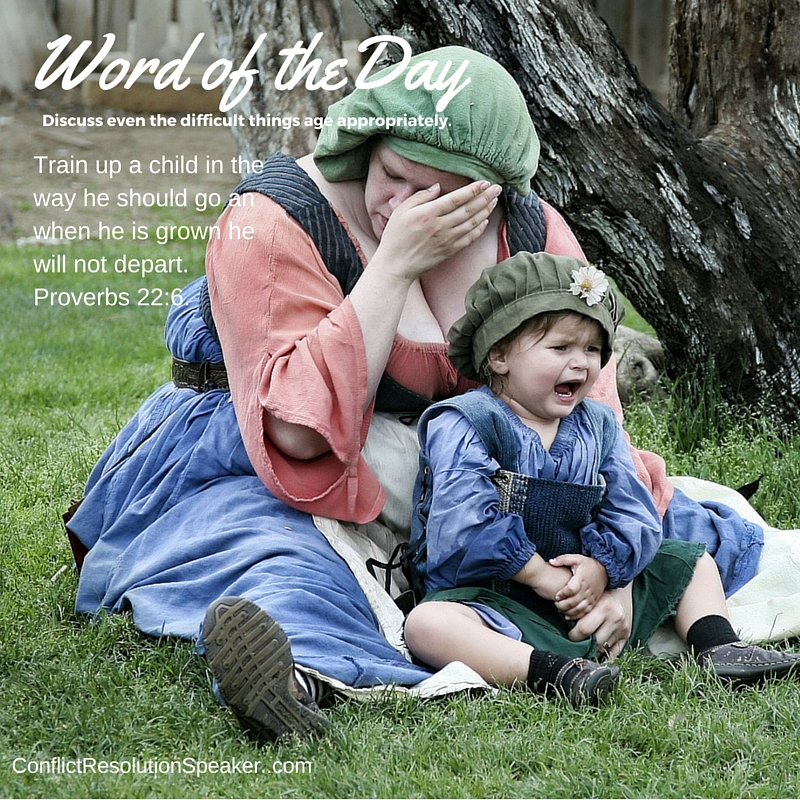
This article will provide you with insight, managing techniques, and answers about why it is important to advocate for the wellness of youth in your immediate sphere of influence. Whether you are a parent or primary caregiver, these are common question asked.
By talking to your child and being an active listener, you will have the opportunity to hear and observe a change in demeanor, behavior, sense of confidence or sense of security. After a traumatic event, most people’s sense of security is shaken. It is even more so for those with children. While the needs are the same, what differs is how kids communicate; some are developmentally able to find words adequate to match what they are experiencing, while others may not.
Is it important to tell my child what happened?
A good rule of thumb: always be aware that they are little listeners. They will hear about events from some place, so let it be from you. This way, you can make sure it’s age and developmentally appropriate.
How do I talk to my child about a tragedy?
Be factual and honest. Children are very perceptive and will ask if you are okay. When they perceive, sense or see behavior that communicates something is wrong, they will ask, “What is wrong?” Avoid saying nothing. Protect the younger children, but let this be a time of reassuring your child that you will do everything you can to keep them safe. Simple honesty goes a long way. Truthfulness about your feelings and that you will work through things together reassures youth of how they can depend on you. They look to grownups for honesty, so avoid hiding information they may have heard or will hear that may not be factual.
I stress that the conversations should be age appropriate. Teens need and want more information and perspective and are developmentally able to have dialogue about feelings. Their vocabulary can identify feelings that a preschooler has not yet gained. School-aged children have peers who will share information, so be sure to ask what they have heard about the situation at hand and provide simple, truthful facts.
Are there benefits to talking about difficult subjects?
- Talking to your child about a tragedy can help him understand in a simple way what happened.
- Hearing from you helps them feel safe and establishes their sense of security. The ability to reassure your child that you will work through the “ugly” or “hard” stuff together reinforces their need to learn how to cope and move forward in healthy ways.
- Constant presence followed up by appropriate touch, hugs and hand holds strengthens confidence for the both of you and fuels good self-esteem.
- Failure to speak to your child about a tragedy increases the likelihood that he hears about it from someone else. This may lead them to ask themselves, “Why didn’t they tell me anything?” or “Don’t they care?” Or lead them to think, “They don’t trust me enough to tell me.” In this way, it can negatively impact self-esteem and sense of security. A child’s perspective is far different from that of adults.
How do I start the conversation?
Think about what you want to say. Choose a time when your child is open for a chat. They will let you know or give cues, which often turn out to be in the form of questions. It is important to be proactive and listen for these opportunities, depending on the child’s age. Let the child’s answers guide the conversation.
Young or preschool children are very matter-of-fact and receive information best when it is kept simple. They may or may not have much to add to the conversation other than questions; answer them simply and honestly.
School aged to teens are more inquisitive, may express strong feelings, or vocalize strong opinions depending on the age. Validate their feelings and reassure them it is a difficult situation, and under the circumstances, it is quite alright to feel the way they do.
Teens will likely want to limit discussion and may isolate, withdraw, have outbursts or make blunt comments, which may indicate indirectly that they need the same reassurance younger kids do. It is a good time to hug more, put an arm around the shoulder and reassure that you are there for them. Be honest that it is hard for you too, but together you are stronger. If they withdraw and close or slam a door, be mindful that they might be trying to get in a “safe” feeling place. This can happen at any age when the emotional overload is getting to them.
Take cues from the kids. They will often indicate that they are “tired” of hearing what is on the radio or TV. Monitor or deter exposure to social media. Instead, do something that will demonstrate they can count on you to help strengthen their sense of security naturally following a tragedy.
What is age appropriate? This bears repeating.
• Preschool ages. Get down to the child’s eye level. Speak calmly and in a gentle voice. Keep it simple by using words they understand. Explain what happened and how it might affect things in the community. If it is a natural disaster, give examples to explain how trees fell on electrical wires and now the lights don’t work. Explain what is being done to get things working. Explain what you will do to keep your child safe. Hug them often. If they become clingy or don’t want you to leave them, reassure them what is necessary and that you will do everything possible to make sure they feel safe.
• Elementary and early middle school youth typically have more questions and doubt if they are truly safe. It is important that factual information and any incorrect information is clarified by parents.
• Upper middle school and high school students want more information and may reach out to social media for coverage the media does not provide. They tend to want details about the tragedy and recovery efforts. They may likely have strong opinions about the causes and express feelings quite strongly. They are more apt to share suggestions about how to prevent future tragedies and are more inclined to help those affected.
A word of caution for each age group: you know your child best, so watch for changes in behavior, especially in appetite, sleep and worry. Too much exposure to media and not interacting with the child on their “need” level can lead to neglect of their development.
©️2016 Veronica Sites All Rights Reserved

Leave a Reply